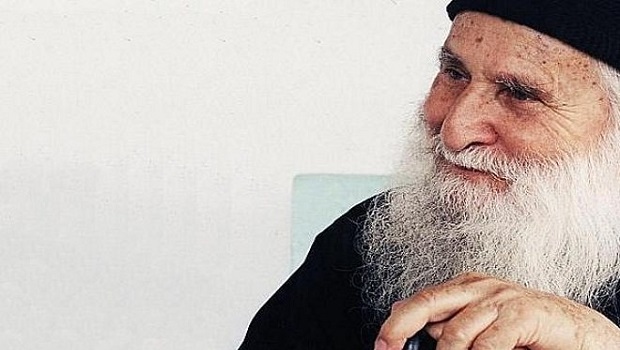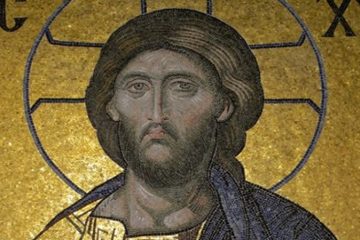Archimandrite Epiphanios Ekonomou
It’s hardly surprising that the message of the Resurrection of Christ has raised a whole host of doubts and questions. Objections were registered immediately after the occurrence of the supernatural event on which the whole structure of the Christian Church is founded. For the Jews of Biblical Jerusalem, it was a blasphemy of the apostate Christians to claim that a crucified criminal could ever be the Messiah. For the cultured Greeks, who already believed in the immortality of the soul, the very thought of a resurrected body was repulsive. Even for the Gnostic Christians of the 2nd century, the preferred view was that Christ was an immortal spirit who shuffled off his mortal coil.
It’s true that Jesus’ Resurrection is a real test for human reason. We don’t need to look far: suffice it to examine the entourage of the Lord and we see the suspicion and doubt that had crept into even the select circle of His disciples, as regards this astonishing event. The Twelve shut themselves into the upper room and had very serious doubts indeed concerning the news brought by the Myrrh-bearing women, attributing it to female hyperbole and a taste for exaggeration. But on the way to Emmaus, two disciples had the Risen Jesus with them and were unable to recognize in His face their beloved Master. With his mind working strictly within the bounds of reason, Thomas persistently refused to believe the news of the Resurrection.
Coming now to our own times, the teaching on the Resurrection seems even more unrealistic and absurd. This is because our age is one which deifies reason, boasts of the conquests and achievements of human endeavors and has begun gradually to give shape in our conceited brains to the sense of total self-sufficiency and omnipotence. But this omnipotence creates utter confusion, because you see a lot of people today declaring themselves to be Christian while denying the fact of the Resurrection since they can’t understand it. What sort of Christians are they?
The Church itself declares that we can’t approach this event with rational or human measures. It’s not a natural or, much less, unnatural reality, it’s not rational, much less, irrational truth. It’s an event beyond nature, a supra-rational reality which ignores reason, transcends its narrow and stultifying boundaries and is let loose by the power of the Divine Will.
The Resurrection demands the element of faith if we’re to approach and accept it, a faith without limits and restrictions, without ‘Yes, but…’, a faith that gives sense and vision both to this life and the next, a faith that doesn’t discuss these truths, because they can’t be discussed, can’t be understood, can’t be subjected to flimsy arguments, to worldly and therefore human and outmoded principles, that bind people within the confines of their minuscule existence. ‘Knowledge of this world cannot know anything other than a host of thoughts, not what can be known through the simplicity of the intellect’. And the Resurrection demands simplicity in the intellect, simplicity of thought, a child-like and therefore pure and unadulterated faith.
Christ’s Resurrection marks the victory over death and the consolidation of the hope of immortality. This hope can give courage, provide strength and endurance for people to put up with the problems and pains of this life. The resurrection is the culmination of the Passion, the image which directly succeeds the tragedy of the Cross. It is precisely this that is the hope: the fact that behind the Cross that each person, without exception, bears in this life, there is Christ Who suffers with us, Who gives all of us release, redemption, validation, the resurrection of life and of the conscience, the end of pain and of anguish. The late Justin Popović wrote ‘without the Resurrection there’s nothing more absurd in heaven or under the heavens than this world, nor greater despair than this this life, without immortality’.
Let us, then, believe what we haven’t seen and find difficult to understand. Our reward for this faith will be that someday we shall see Him in Whom we believed. Christ has risen!
Source: pemptousia.com




0 Comments